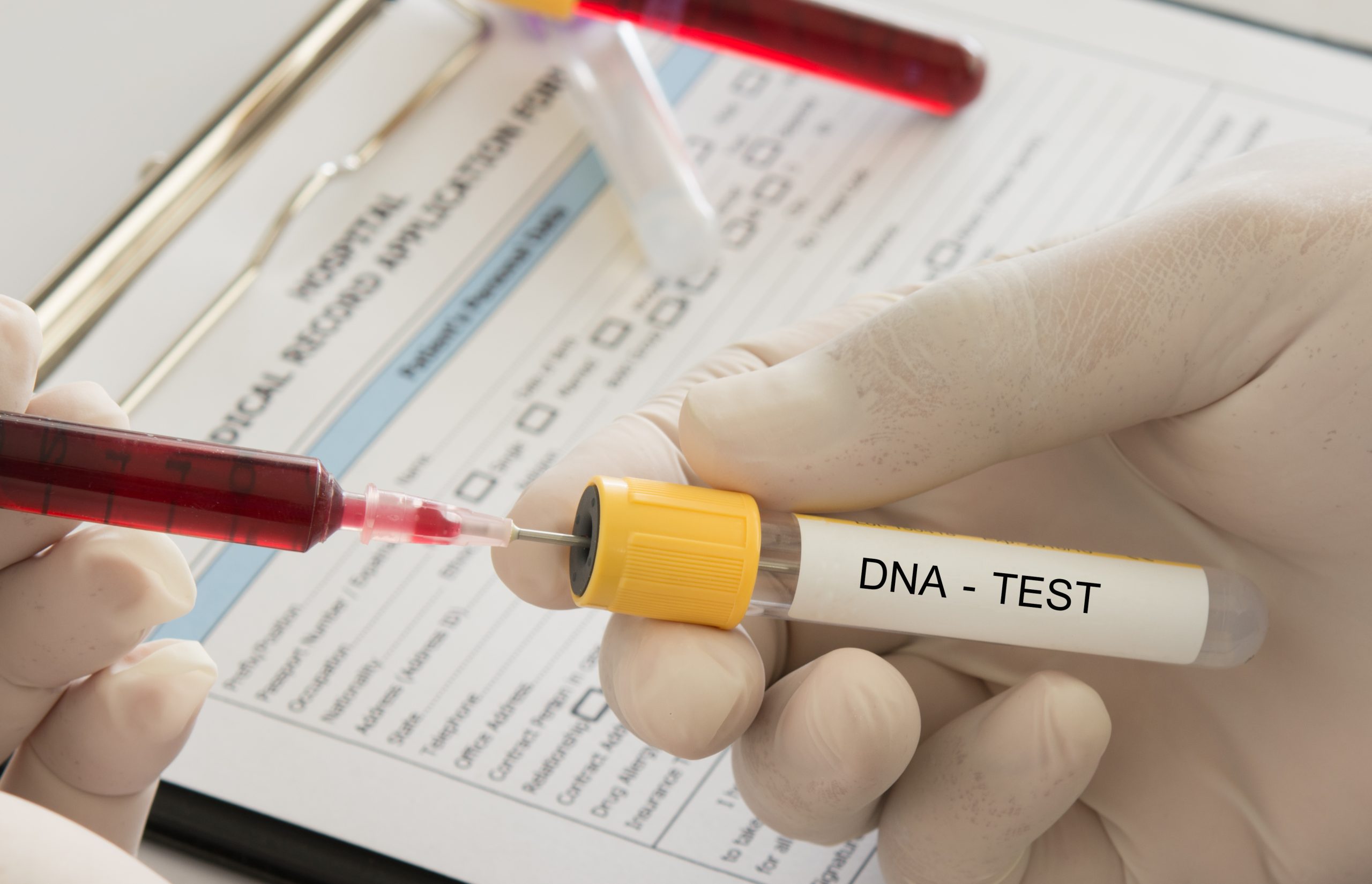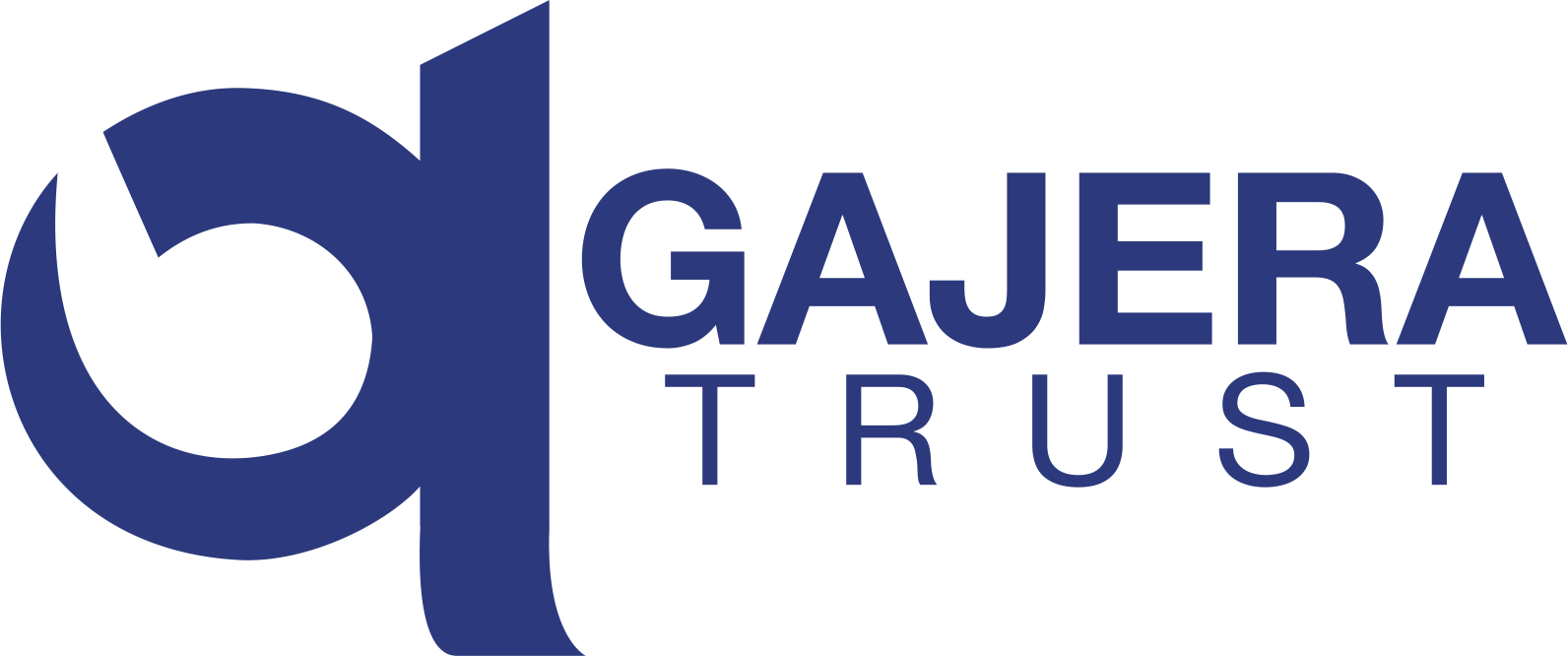- Have any questions?
- (+91) 02792 230240
- info@smcgh.edu.in

World Kidney Day: Caring for Your Kidneys
April 3, 2023
Health checkup camps by Shantabaa General Hospital & College
November 10, 2023Healthy Moms, Happy Babies: The Importance of Prenatal and Postnatal Care
Pregnancy is one of the most crucial periods for a woman’s health and life. Mothers have to go through a lot of difficulties in this period. It is very important that to-be mothers and their families take adequate care and steps that ensure the safety and health of the baby and the mother. Maternity care can help significantly in this direction.

Maternity care is one of the most important factors during pregnancy. It helps the mother and the family stay informed about the well-being of the baby and the mother. Through maternal care, the mother and the family can get information about the risks and potential dangers of childbirth or complications that the mother may face.
When the baby is delivered and the mother is recovering from labour, the right maternal care helps not just the mother but the family as well so that they can give her the right care while she recovers.
The importance of prenatal care for a healthy pregnancy and delivery
Prenatal care plays a crucial role in ensuring a healthy pregnancy and delivery. It includes a number of tests such as check-ups, screening tests, ultrasound scans, and advice on nutrition and exercise. It is also an opportunity to ask questions and receive guidance on any concerns that the mother or the family of the mother may have. Proper prenatal care helps reduce the risk of developing complications during pregnancy and delivery. These complications may include high blood pressure, gestational diabetes, premature birth, and birth defects. The help of prenatal care can lead to better outcomes for both the mother and the baby. There are multiple ways and types of screening available for prenatal and postnatal tests and screenings. This way the mother and her family members can figure out their next course of action and how to proceed keeping in mind the mother and baby’s health during the different stages of pregnancy and delivery.The different types of prenatal tests and screenings
The purpose of prenatal care is to monitor the health of the mother and the developing foetus, as well as to provide education and support to help the mother prepare for childbirth and motherhood. Prenatal care typically involves regular visits to a healthcare provider, such as an obstetrician or midwife, throughout the pregnancy. - First , it can help detect and treat any health problems that may arise during pregnancy. If a woman develops gestational diabetes, regular prenatal care can help ensure that the condition is properly managed to prevent complications. - Second, prenatal care can help identify any potential complications during childbirth. Finally, prenatal care can help prepare the mother for the physical and emotional demands of motherhood. Different types of prenatal tests help in different ways. These tests help in multiple ways to take steps to improve medications that help the mother and baby stay safe during pregnancy. - Alpha-fetoprotein (AFP) test. - Amniocentesis. - Chorionic villus sampling. - Cell-free fetal DNA testing. - Percutaneous umbilical blood sampling. - Ultrasound scan.

The importance and types of postnatal tests and screenings
After childbirth, a mother's body undergoes significant changes that require close attention and care. Similarly, the health and bodily functions of a newborn baby are essential and should be taken seriously. Postnatal care is the healthcare that is provided to a woman and her newborn baby after delivery. This care is important to ensure that both the mother and the baby are healthy and to identify and treat any potential health issues promptly. Postnatal care is important for several reasons: -First, it can help identify any health issues that may arise after delivery. -Second, it can provide support & guidance to help the mother adjust to the physical and emotional changes. -Finally, postnatal care ensures that the baby grows and develops appropriately and any potential health issues are addressed promptly.For mother:
- Hygiene - Blood pressure and temperature - Abdominal examination - Vulva examination - Nutrition and breastfeeding
For child:
Breathing Skin health Crying and activity Breastfeeding Hygiene
Postpartum doulas for new mothers
Postpartum doulas are another form of support available to new mothers. A postpartum doula is a trained professional who provides physical, emotional, and educational support to new mothers during the time following delivery. They can assist with tasks such as cooking, cleaning, and providing for the baby, as well as offering emotional assistance and advice on such topics as sleep, self-care, and mental health.The challenges and barriers that women face in accessing maternity care
Rural areas or low-income communities may have limited access to healthcare facilities providers, making it challenging to receive regular prenatal care. Some women may encounter language or cultural barriers that make communicating difficult. Another significant barrier to accessing maternity care is finance. Women who don’t have insurance may be hesitant to seek out care due to expenses. Even women who have insurance may encounter challenges, such as high co-pays, deductibles, or limited coverage. Overall, the challenges and barriers women face in accessing healthcare during pregnancy can have consequences for both the mother and the baby. Expanding access to healthcare services is essential to resolve these issues, especially in communities with limited resources.Pregnancy is one of the most crucial periods for a woman’s health and life. Mothers have to go through a lot of difficulties in this period. It is very important that to-be mothers and their families take adequate care and steps that ensure the safety and health of the baby and the mother. Maternity care can help significantly in this direction.




